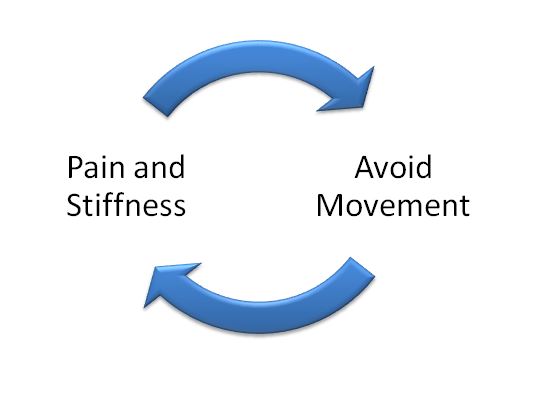“Arthro” is Greek for joint and “itis” is Latin for inflammation. Arthritis therefore means: Joint inflammation
Prevalance
- More than 4.6 million Canadians aged 15 years and older report having arthritis
- 1/6 adult Canadians live with arthritis
- Two thirds of those affected are women
Types of Arthritis
Arthritis refers to more than 100 related conditions affecting people’s joints. The two main types are:
- Inflammatory arthritis
- Osteoarthritis
The impact of arthritis
The main symptoms of arthritis are joint pain, stiffness and swelling. This can result in some form of disability and/or affect quality of life. Over 2/3 of people report activity limitations






